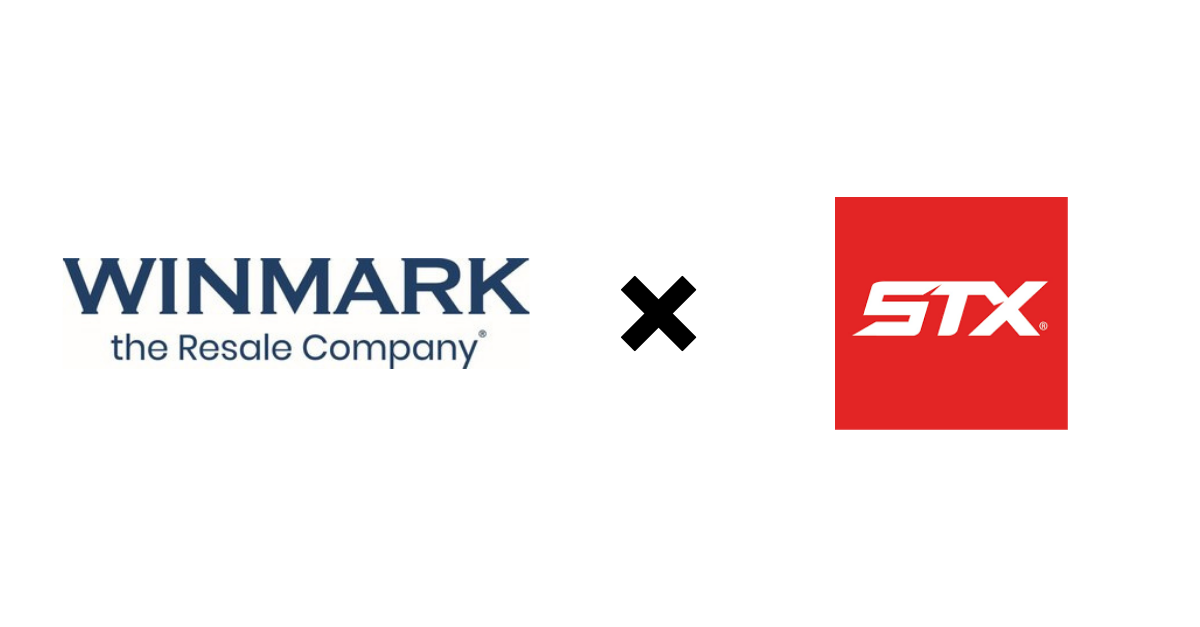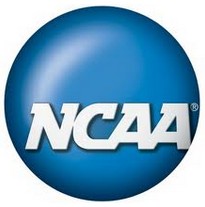GATINEAU, QUEBEC (November 17, 2020) – The Competition Bureau of Canada completed its third investigation into the claims made by manufacturers of ice hockey helmets that their products reduce the risk of concussions. The Competition Bureau reached a consent agreement with TRUE Sports Inc., to resolve its concerns about certain performance claims made by the hockey equipment manufacturer about its TRUE Dynamic 9 Pro hockey helmet. As part of this settlement, TRUE Sports agreed to cease all claims and donate $100,000 in equipment to support youth sports.
The Bureau’s investigation concluded that some claims made on the company’s website, in-store displays and product packaging gave the impression their helmet could reduce the risk of concussions. Although TRUE submitted the helmet to laboratory testing prior to making the claims, the Bureau concluded the testing was not adequate and proper to support them. The Bureau determined TRUE Sports marketing claims relied in part on brain injury studies that mostly focused on sports with fundamentally different patterns of injuries than those suffered while playing ice hockey.
The Bureau acknowledges TRUE Sports’ voluntary cooperation in resolving this matter.
As part of this settlement, TRUE Sports agreed to:
- Donate $100,000 worth of sports equipment to a charity that supports youth in sports or teams, associations or leagues for underprivileged children or youth hockey players;
- Cease making all claims at issue, and remove the remaining claims from all marketing material, including on packaging and online advertising;
- Implement an enhanced Corporate Compliance Program, and take steps to ensure that retailers do not make the unsupported claims; and
- Pay $20,000 to cover the cost of the Bureau’s investigation.
This is the Bureau’s third investigation into manufacturers of ice hockey helmets over claims that their products can reduce the risk of concussions. Bauer and Reebok-CCM reached similar agreements with the Bureau in 2014 and 2015 respectively. The Bureau’s actions have led to more than a million dollars worth in donations of sports equipment to charity.
“While the Bureau encourages innovation in the marketplace when it comes to new and improved technology, businesses must support their performance claims with adequate and proper testing so that consumers can make purchasing choices with confidence,” said the Commisioner of Competition, Matthew Boswell.
The current hockey helmet testing standards aim to protect players from catastrophic brain injuries, such as skull fractures, not concussions. The science behind concussions in sports is still in its infancy, and the role that any hockey helmet can play in protecting players from concussions remains unclear. There are a multitude of factors such as age, weight, strength of the player, location of impact, and whether the hit was or was not anticipated when assessing concussion injury risk related to sports. The Competition Bureau strongly encourages anyone who suspects that a company or individual is making unsupported performance claims to report it by using their online complaint form.





 Back
to News
Back
to News